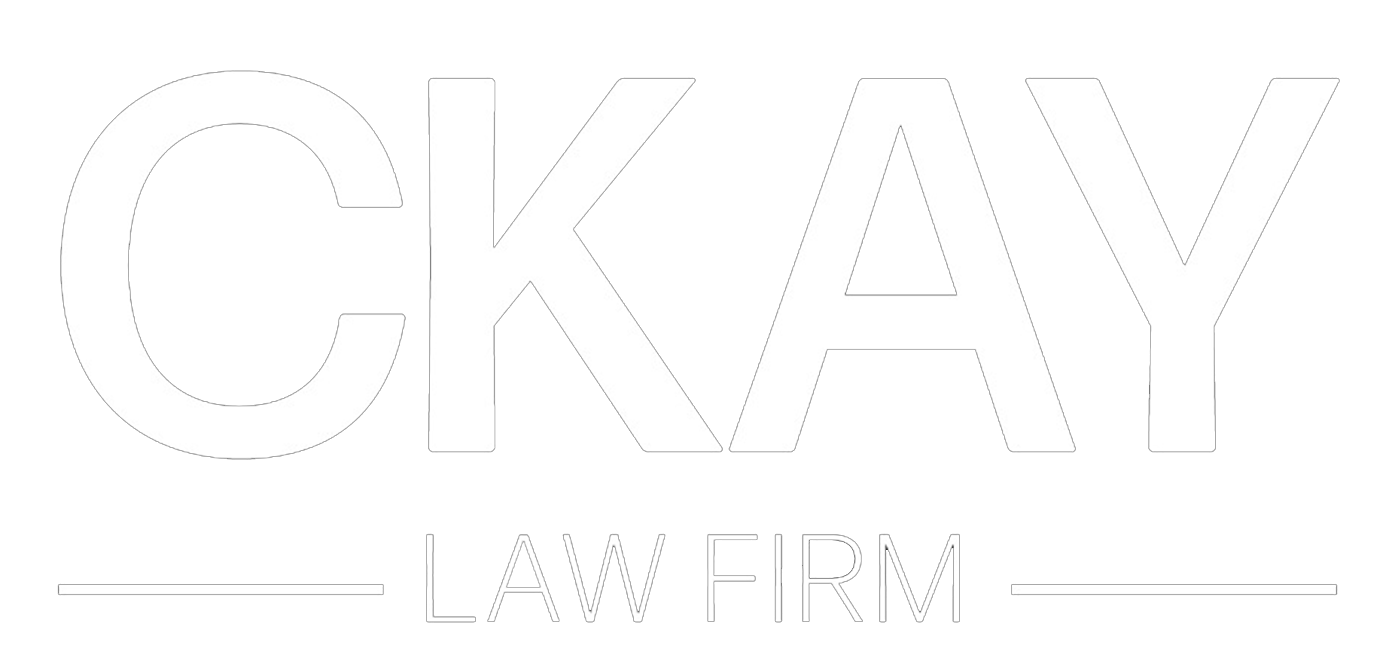
Discover how voluntary and mandatory mediation streamline dispute resolution in Turkey. Learn the benefits, regulations, and recent legal updates for faster, cost-effective solutions.
Mediation has emerged as an efficient alternative dispute resolution mechanism, enabling parties to resolve legal disagreements amicably, swiftly, and outside the confines of traditional court proceedings. In the Turkish legal framework, mediation has gained considerable prominence and is governed by the Mediation in Legal Disputes Law No. 6325, which categorizes the process into voluntary and mandatory mediation. This comprehensive guide delves into these categories, outlining their procedures, benefits, and regulations while highlighting recent legislative amendments and their implications.
What is Voluntary Mediation?
Voluntary mediation relies entirely on the willingness of the disputing parties. Guided by a neutral mediator, parties negotiate to resolve private legal disputes within their discretion, bypassing formal court proceedings. Common disputes addressed under voluntary mediation include:
- Inheritance disputes,
- Lease agreement conflicts,
- Commercial debt claims.
The hallmark of voluntary mediation lies in its flexibility and its focus on preserving relationships. Agreements reached during this process are formalized in settlement agreements, which, once signed, acquire the same enforceability as court decisions. This method’s key advantages include:
- Efficiency: Resolves disputes faster than traditional litigation.
- Cost-effectiveness: Reduces financial burdens on parties.
- Confidentiality: Ensures privacy throughout the process.
- Relationship Preservation: Encourages amicable solutions.
Mandatory Mediation: Legal Obligations in Dispute Resolution
Mandatory mediation is legally prescribed for certain types of disputes, requiring parties to attempt mediation before filing lawsuits. In Turkish Law, mandatory mediation applies to:
- Labor Disputes: Including wage claims, overtime pay, severance, and notice compensation.
- Commercial Cases: Monetary claims and compensation demands in commercial relationships.
- Consumer Disputes: Cases arising under the Consumer Protection Law No. 6502.
Failing to complete mediation before litigation results in procedural dismissal by the courts. If an agreement is achieved during mandatory mediation, it becomes binding and enforceable. Conversely, if no settlement is reached, the mediator drafts a final report, allowing parties to proceed with litigation.
Mandatory Mediation in Consumer Disputes
With the introduction of Article 73/A in the Consumer Protection Law, mediation has become a prerequisite for initiating consumer court lawsuits. However, specific disputes are exempt, such as:
- Cases under the Consumer Arbitration Committee’s jurisdiction.
- Objections to decisions made by the Committee.
- Disputes involving real estate consumer transactions.
Mediation fosters quicker resolutions, streamlining the legal process for both consumers and businesses.
Mandatory Mediation in Commercial Disputes
Under the Turkish Commercial Code (TCC) No. 6102, mediation is mandatory for monetary or compensatory claims in commercial disputes. This process aims to enhance the efficiency of commercial litigation by:
- Shortening Timelines: Completion is mandated within six weeks, extendable by two weeks for exceptional cases.
- Reducing Costs: Encouraging out-of-court settlements minimizes litigation expenses.
Mandatory Mediation in Labor Disputes
Labor disputes have seen significant resolution benefits through mandatory mediation under the Labor Courts Law No. 7036. Effective since 2018, this requirement covers disputes like:
- Wage claims,
- Overtime compensation,
- Severance and notice pay demands.
The primary objective is to provide quick, amicable, and cost-effective resolutions while lessening the judiciary’s workload.
Recent Developments and Expanded Scope
In 2023, amendments to the Mediation Law No. 6325 (via Law No. 7445) broadened the spectrum of disputes subject to mandatory mediation. As of September 1, 2023, the following cases have been added:
- Disputes stemming from lease agreements (excluding eviction cases under the Execution and Bankruptcy Law).
- Disputes over shared ownership of movable and immovable assets.
- Neighbor disputes under the Condominium Law.
These changes aim to further enhance mediation’s accessibility and effectiveness.
Exclusions: When Mediation Does Not Apply
Certain disputes, particularly those involving public order or family matters, remain outside mediation’s purview. Examples include:
- Criminal Law violations.
- Domestic violence cases.
- Family Law disputes (e.g., divorce, custody).
Such cases necessitate formal court interventions, reflecting the sensitive nature of these disputes.
Process and Confidentiality
Mediation, whether voluntary or mandatory, adheres to strict confidentiality standards. Mediators, parties, and participants are prohibited from disclosing information shared during sessions, ensuring a secure environment for negotiations.
- Timeline and Deadlines on Labor Disputes: Must conclude within three weeks of mediator appointment.
- Timeline and Deadlines on Commercial Disputes: Limited to six weeks, with a two-week extension for special circumstances.
- Consequences of Non-Participation: If a party fails to attend the initial mediation meeting without a valid reason, they bear all subsequent litigation costs, including attorney fees.
Fee Structures in Mediation
The fee for mediation is governed by the Mediation Minimum Fee Schedule, and unless otherwise agreed, costs are shared equally between the parties. Notably, for mandatory mediation cases terminated without settlement, the Ministry of Justice covers the initial two-hour mediation fee, subsequently recovering it from the responsible party after litigation.
The Role of Mediation in Reducing Court Burdens
Mediation’s integration into the Turkish legal system has proven transformative. By providing a structured yet flexible alternative to litigation, mediation reduces the judiciary’s workload while fostering a culture of amicable dispute resolution.


